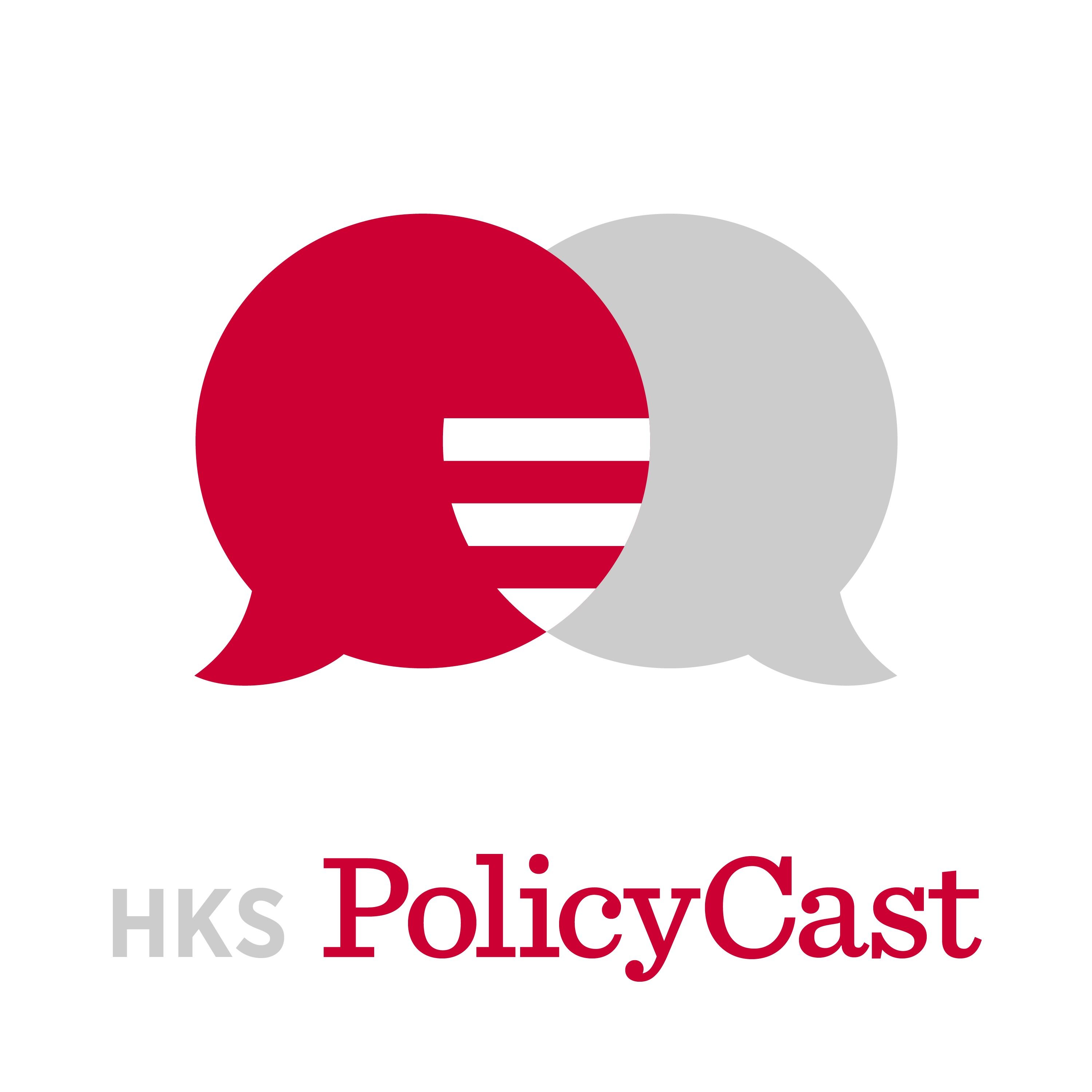221 Young voters ascendant: How a generational shift won the 2020 election and could remake American politics

In 2019, the 72-million strong Millennial generation (23-to-38-year-olds) quietly surpassed the Baby Boomers as America’s largest living generational cohort. In the 2020 election, they made their voices heard with a roar.
Not only did younger voters—and particularly younger voters of color—turn out to vote and organize for candidates in record numbers, they also provided the margin of victory for Democrats Joe Biden and Kamala Harris in key states like Michigan, Arizona, and Pennsylvania.
Mark Gearan is director of the Institute of Politics at Harvard Kennedy School. He was also director of the Peace Corps under President Bill Clinton, as well as White House deputy chief of staff, communications director, and Vice Presidential Campaign Manager for the Clinton/Gore ticket in 1992. He is also the former president of Hobart and William Smith Colleges.
Marshall Ganz is the Rita E. Hauser Senior Lecturer in Leadership, Organizing, and Civil Society at HKS. He teaches political organizing and trains young activists from groups like March for Our Lives and the Sunrise Movement, and was himself a member of the Student Non-violent Coordinating Committee during the civil rights movement of the 1960s. Ganz was also director of organizing for the United Farm Workers under Cesar Chavez, and was a consultant on organizing and voter turnout for the political campaigns of Nancy Pelosi, Alan Cranston, Jerry Brown, and others.
PolicyCast is hosted by Harvard Kennedy School Associate Dean of Communications and Public Affairs Thoko Moyo.
The podcast is a production of Harvard Kennedy School. It is produced and engineered by Ralph Ranalli and co-produced by Susan Hughes.
For more information and past episodes, please visit: https://www.hks.harvard.edu/more/policycast
If you have comment or a suggestion, please email us: policycastatharvarddotHKSdotEdu